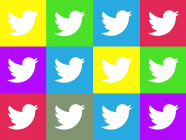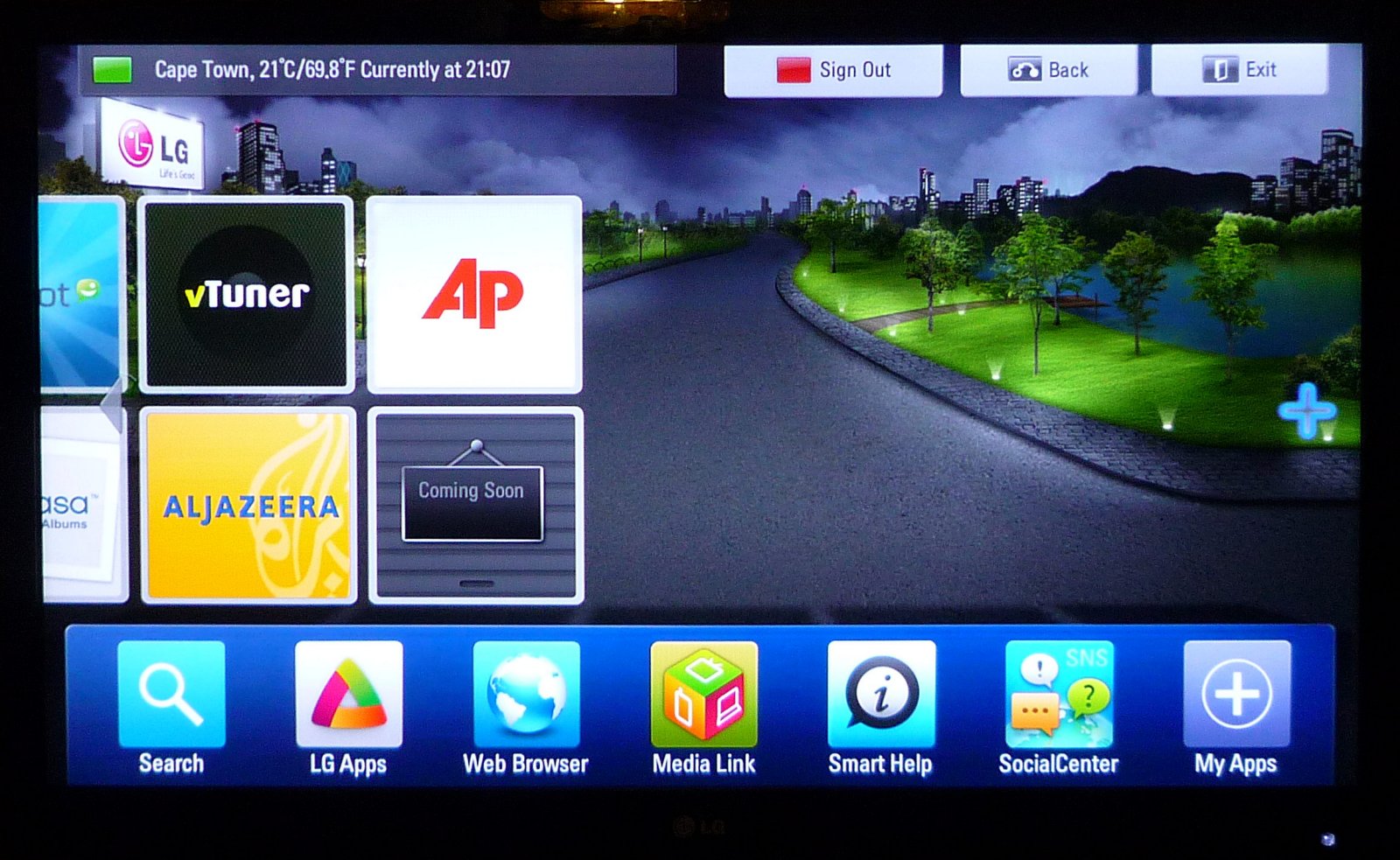 For the Austrian website Der Standard it was only an April Fool’s joke, but many other quality newspapers proceeded to take the gloves off.
For the Austrian website Der Standard it was only an April Fool’s joke, but many other quality newspapers proceeded to take the gloves off.
The London Times, owned by Rupert Murdoch, Le Monde and Le Figaro as well as the Axel Springer AG in Germany will try to implement paid online content in Europe within the next few months, and the New York Times announced a similar move in the U.S. As it stands, no one can predict whether this about-turn of the about-turn will be successful. Yet still another issue itches at many: How much information will be accessible for free on news sites, and what can be said about quality if a pay wall should be introduced?
Several clues are offered in a study conducted by Scott Maier of the University of Oregon. Maier analyzed content published by five leading U.S. news websites (Yahoo! News, MSNBC.com, CNN.com, Google News and AOL News), comparing the sites’ material with news published on the front pages of 13 U.S. newspapers. Analyzing 13,000 news stories published in 2007, Maier found that the newspaper articles were nearly twice as long as those of their online competitors. Additionally, the papers delivered more domestic news and reported more frequently about the economy, the environment, health issues and immigration. The websites, however, presented more international news and were more editorial in perspective than the print media.
How blogs nourish from newspapers
Referring to the much narrower field of media covering the media, a study led by Tobias Eberwein (Technical University of Dortmund) presented during a recent meeting of Swiss communications researchers in Lucerne, arrived at remarkably similar results. Eberwein analyzed whether coverage of media and journalism by the media in Germany is drifting to the Internet and the blogosphere. But the researcher gives proof that even in this beat – which has been eternally neglected by the “dinosaur” mainstream media – the large newspapers report more exhaustively, while blogs are only picking up information punctually and thereby refer to the footwork previously undertaken by the newspapers.
Another study from Stephan Weinacht (Hochschule für Musik und Theater, Hannover) adds water to the wine. His work – probably the most comprehensive empirical research about media journalism in Germany thus far – demonstrates ways in which the old media neglect professional “journalistic” standards when reporting about journalism and the media. TV networks (specifically public broadcasters) are especially guilty of engaging in self-adulation when reporting about media and journalism. Newspapers are also guilty of reporting in a surprisingly self-referential mode. “Journalism,” he concludes, degenerates to public relations for publishing houses and TV networks.
Professional standards go to rack and ruin
This is hardly the only field where standards of journalistic professionalism are endangered. The Wild West of cyberspace and the drastic staff reduction in legacy media both contribute to the issue. Another research study by Victor Navasky and Evan Lerner published in the Columbia Journalism Review shows how deteriorating quality in online content slowly infiltrates traditional print media.
This is not only a questionable side effect of media convergence – which, according to the study is much more discussed than implemented – but a poor condition to precede monetary requests for journalistic work. Yet on the other hand, it’s five minutes after twelve. If journalists don’t succeed in convincing their online readers that independent journalism is valuable, such journalism will cease to exist.
Published in Schweizer Journalist, 4+5/2010, by Stephan Russ-Mohl
Sources
1.) Scott Maier, Newspapers Offer More News Than Do Major Online Sites, in: Newspaper Research Journal Vol. 31, Nr.1/2010
2.) Tobias Eberwein, in: Von “Holzhausen” nach “Blogville” – und zurück. Medienbeobachtung in Tagespresse und Weblogs, in: Tobias Eberwein/Daniel Müller (Hrsg.): Journalismus und Öffentlichkeit. Eine Profession und ihr gesellschaftlicher Auftrag, Festschrift für Horst Pöttker, Wiesbaden: VS Verlag für Sozialwissenschaften 2010, 143-168
3.) Stephan Weinacht: Medienmarketing im Redaktionellen, Baden-Baden:Nomos 2009
4.) Victor Navasky/Evan Lerner, Tangled Web, in: Columbia Journalism Review, March/April 2010, 45-49: www.cjr.org/resources/
Tags: Axel Springer AG, Evan Lerner, Le Figaro, Le Monde, London Times, Media Journalism, Online journalism, Professional Standards, Schweizer Journalist, Scott Maier, Stephan Weinacht, Tobias Eberwein, Victor Navasky












































